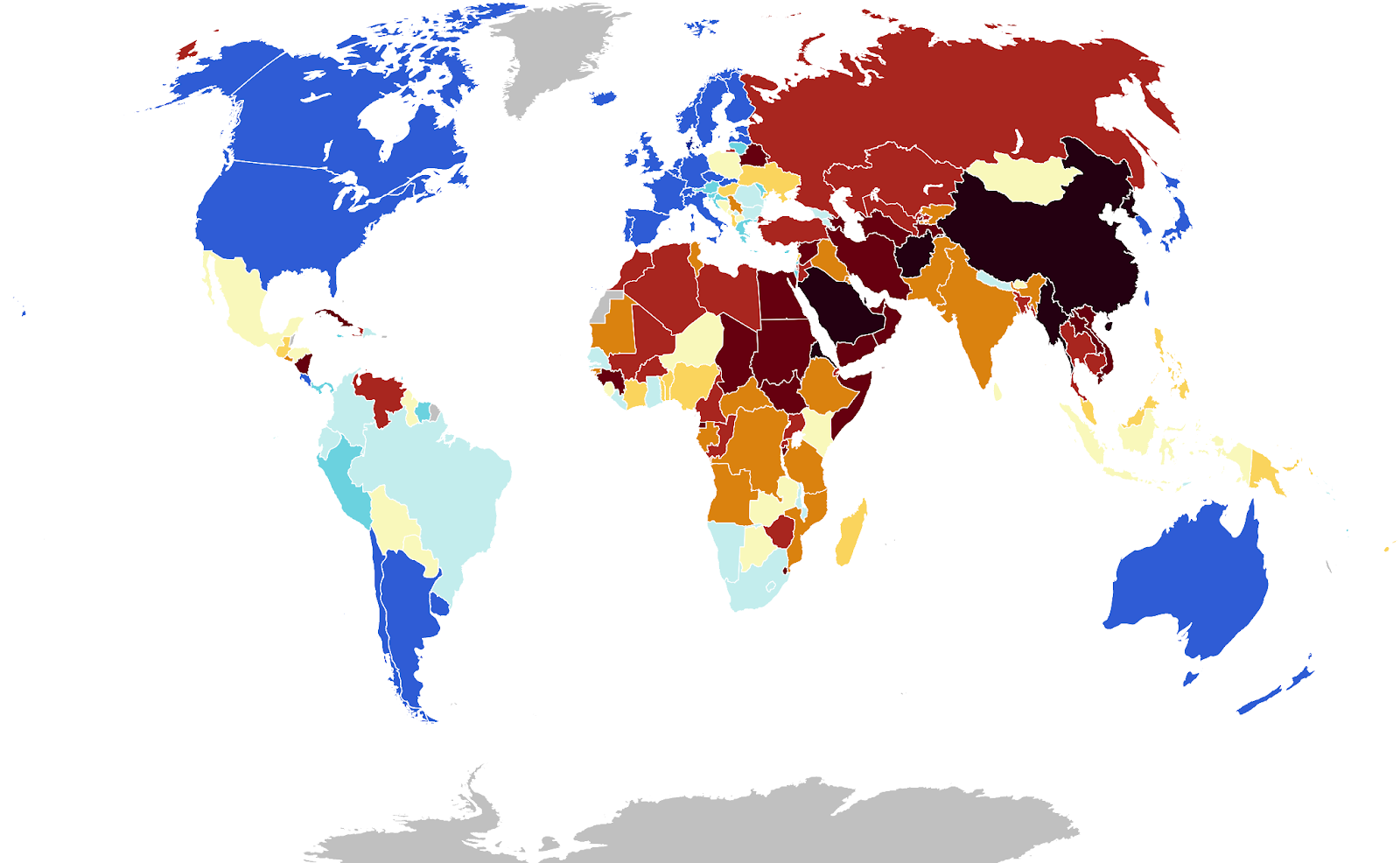Compass Money: Ghana’s Parliament Passes Controversial E-levy Tax Bill
The Ghanian Parliament gathered to pass the E-levy tax bill, though some opposition members boycotted the vote. (Flickr)
Ghana’s parliament approved a 1.5 percent tax increase on electronic transactions and electronic monetary transfers on March 29. The president, Nana Akufo-Addo, supports what is called the “E-levy bill,” stating that it will raise necessary funds in the wake of Covid-19. However, due to recent inflation resulting from the war in Ukraine, many Ghanaian citizens are frustrated by the imposition of this tax, which only further increases the cost of living. Some members of Ghana’s Parliament shared in the public’s frustrations, refusing to participate in the vote on the new tax and even walking out of Parliament.
When the Covid-19 pandemic started, Ghana closed both its sea and land borders to contain the spread of the virus. However, this move had devastating economic consequences, for the country’s economy is heavily supported by trade. The pandemic only exacerbated pre-existing high public debt and unemployment rates within the country. To ramp the economy back up, the Ghanian government decided to both reopen all borders and pass the E-levy bill. The money raised through the new tax is to be used to remedy some of the country’s economic problems generated by the Covid-19 pandemic.
Although the E-levy bill was first introduced in December of 2021, it was thrown out due to significant opposition from both politicians and the public, who argued that this tax would place an unfair burden on consumers. At that time, the tax was 1.75 percent, rather than 1.5 percent. The tax was so controversial that a physical fight broke out among politicians on opposite sides of the debate during the first hearing in December. The E-levy bill was reintroduced to Parliament on March 28. This time, its passage was fast-tracked in the absence of several politicians who had previously opposed the bill. Supporters of the bill argue that the tax decrease effectively responded to public criticism. However, the war in Ukraine led to the disruption of the supply chain in Ghana - leading to higher prices on oil, food, and gas - causing consumers to remain frustrated.





